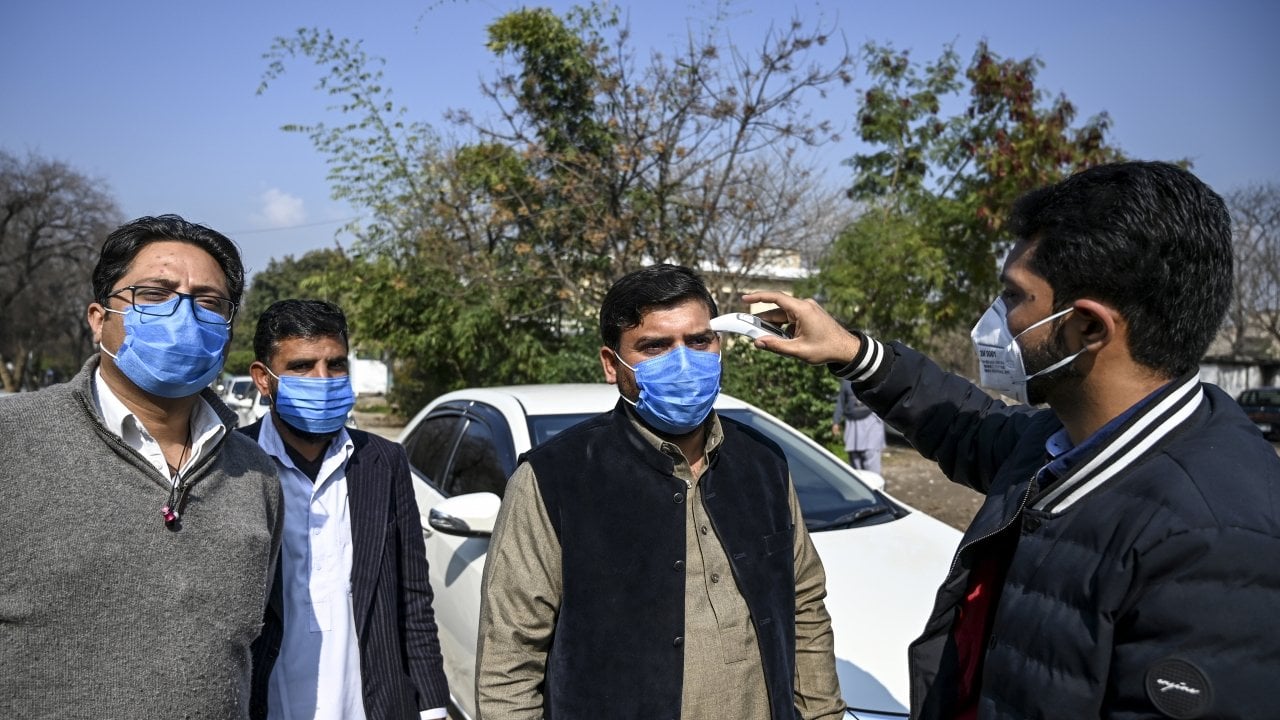
In Pakistan, there is no board that discredits therapists or clinics over malpractice. PHOTO: PINTEREST
How reliable are the mental health clinics in Pakistan?
I have met a lot of people who were traumatised or discouraged by the behaviour of their psychiatrists.
It was half a decade ago when I started my own mental health consultancy that offered courses and other educational services related to my field. At that time, opening a psychotherapy or mental health clinic in Pakistan was not particularly common. Offering psychotherapy was not lucrative enough for beginner level professionals and only benefitted those at a senior level.
Fast forward five years, and I see a significant increase in mental health services, and many of these services are also being offered over the internet in the form of Skype consultations, chats and emails. There are a variety of mental health clinics, some in collaboration with medical services while others solely cater to psychological issues. Addiction counselling centres or rehabilitation centres, marital counselling and depression/anxiety clinics are rapidly increasing. The airtime given to mental health professionals on different television shows has also increased and almost become a trend.
I don’t run a clinic of my own due to the stakes involved, instead, I work in a setup run by someone else. But I do receive the input of my clients who are often adamant about sharing their resentments and regrets related to particular mental health clinics involved in unethical practices.
There are a number of setups who invest a lot in marketing and maintaining an online presence through Search Engine Optimisation (SEO), but forget to recruit well-trained therapists. These businesses do not understand that psychotherapy isn’t done by hiring therapists with the same mindset with which you’d hire people in a corporate firm. Elitism and a foreign degree will not benefit anybody if these individuals are not well trained and experienced. As a result, the disappointment is two-sided.
For instance, Tariq*, a man in his mid-30s, had a hard time trusting me as a therapist after his first experience at a so-called ‘mental health clinic.’ His previous therapist had shared his secrets with his teenage son, and had also tried to gaslight him. The therapist was so poorly trained that he told Tariq that he himself had ‘invented’ his rape and that he would never be able to improve his circumstances. All this happened in one session. Due to the devastating impact this had on him, Tariq decided to never see a therapist again. And he would have never broken his vow had a very close friend of his not recommended me to him. Similarly, a colleague of mine once reported an occurrence at her workplace where a family shared the horrendous details of a senior therapist. This therapist had asked them to let him beat up their son in a market full of people in order to over come their anger management issues. Luckily, the family chose to never see that therapist again.
Often psychiatrists are accused by clients of not even listening to their issues properly and writing a prescription within two minutes of the interaction. As a result, I have met a lot of people who were traumatised or discouraged by the behaviour of their psychiatrists.
Apart from the training ethics and experience of mental health practitioners, other factors should also be seen in order to assess the quality of a mental health facility. Usually, those mental health clinics or services that are run by an individual who has a background in psychology are much better. Those setups which are not run by people with a background in psychology usually don’t understand the technicalities or ethics that are associated with the profession. For instance, a silent and peaceful environment are crucial in a mental health clinic. A therapist can only provide quality therapy to a certain number of people per day or week. Anything exceeding that number would result in burn out or poor quality of therapy, no matter how competent the therapist is. Confidentiality and consent are crucial and should specifically be maintained when an unannounced member of the patient’s family tries to spy or dig out information from the clinic. It is unethical to forge reports for court, professional or academic purposes in exchange for huge sums of money. Transference and counter-transference are serious concerns and a therapist may refuse to take or continue clients on these accounts. Lastly, it is also unethical to demand involuntary admission of clients in certain situations.
There are so many technicalities involved that if a business person with no background in medicine or psychology does not listen to mental health professionals, their setup will have a very low standard. Certain measures can be taken to avoid situations like these. People should look at the qualification and training of a mental health practitioner and not the posh location or impeccable interior design of the clinic. Those therapists should be sought out who mention the source of their training and the names of their supervisors. A good therapist is known by their supervisor, who trains them for a year or more in the nuances of psychotherapy, much like a doctor’s house-job. In Pakistan, there is no board that discredits therapists or clinics over malpractice; however, ethical therapists follow the rules of American Psychological Association (APA). Also, people shouldn’t hesitate to ask questions from their therapists. Most people never ask questions from their therapists regarding the diagnosis, duration of treatment or financial procedures. It is perfectly fine to ask about your therapist’s qualifications and training, in fact this is the first thing that one should do.
A number of senior mental health professionals are trying their best to introduce eligibility and malpractice criteria for mental health practice. Until that happens, people need to be careful and selective regarding the mental health clinics that they choose.
(*Names and details have been changed to protect identities and doctor-patient confidentiality)




COMMENTS
Comments are moderated and generally will be posted if they are on-topic and not abusive.
For more information, please see our Comments FAQ